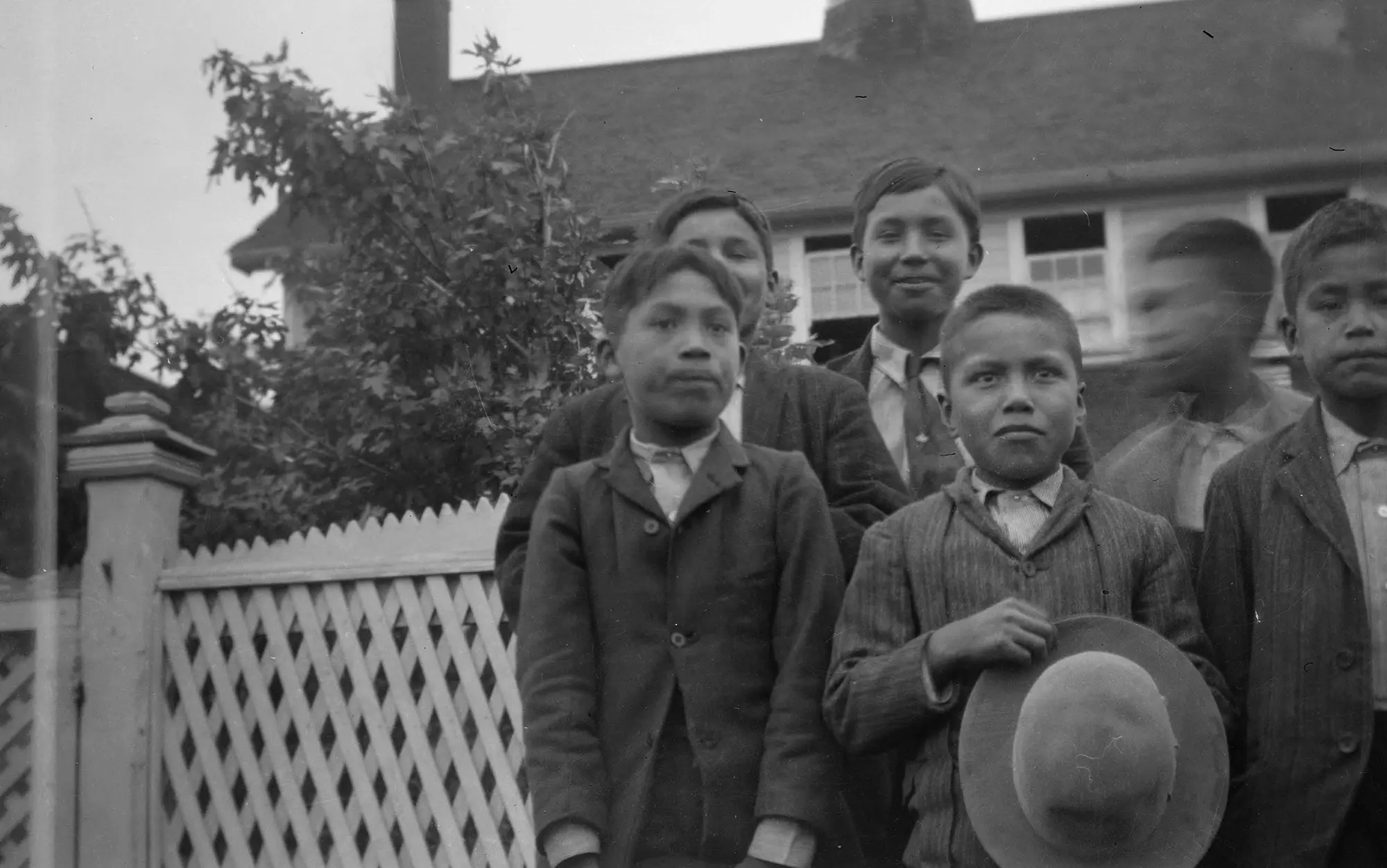- cross-posted to:
- history@lemm.ee
- cross-posted to:
- history@lemm.ee
a few noteworthy paragraphs from this lengthy essay:
For centuries, Indigenous peoples around the world have known that their children were taken away, that great harm was done to those children, and that their families and communities suffered. From the late 1800s to the late 1900s, roughly 150,000 First Nations, Métis and Inuit children were interned in residential ‘schools’ in Canada. At almost the same time, Indigenous children around the world faced similar experiences, including Māori children in New Zealand; Aboriginal and Islander children in Australia and the Torres Strait Islands; Sámi, Inuit and Kven children in the Nordic countries; and Native children in the United States, among others.
My soul was damaged. These are the most barren and fruitless of my learning years. They were wasted, so to speak, and a wasted childhood can never be made good. – Anders Larsen, a Sámi teacher, reflecting on his days as a residential ‘school’ student in Norway in the 1870s
Today, some might wonder why separating children from their families and cultures could have seemed like a good idea as recently as a century ago. We forget that these practices of separation and forgetting weren’t incidental, or historical accidents. Instead, they were deliberately positioned as progressive and philanthropic. And residential ‘schooling’ hasn’t been the only means by which these progressive and philanthropic practices of separation and re-education have been implemented. Forcible adoptions and ‘care’ systems – as in the ‘Stolen Generations’ in Australia and the ‘Sixties Scoop’ in Canada – show that those ‘progressive’ practices have continued and diversified. The fact that Indigenous children today are disproportionately highly represented in care systems worldwide suggests that these practices are still being implemented.
Today, there remain those who deny (sometimes publicly so) that such appalling actions ever took place. Repulsive in the extreme, this politically motivated historical revisionism has meant that, as of 2021, some 25 European countries as well as Israel have laws that address the phenomenon of Holocaust denial. But how many people know that the Indigenous populations of the Americas declined by between 90 and 98 per cent in the four centuries following the landing of Christopher Columbus in the Caribbean in 1492? How many of them would know that the 1948 UN Convention on the Prevention and Punishment of the Crime of Genocide accurately describes the experiences of Indigenous peoples at the hands of European colonists and settlers? How many of them would know that the man who coined the word ‘genocide’, the Polish lawyer Raphael Lemkin, described the process as having ‘two phases; one, destruction of the national pattern of the oppressed group; the other, the imposition of the national pattern of the oppressor’?


